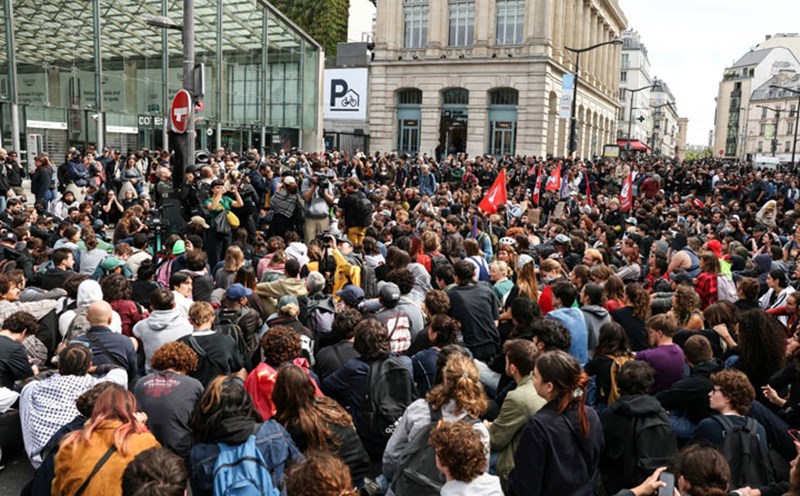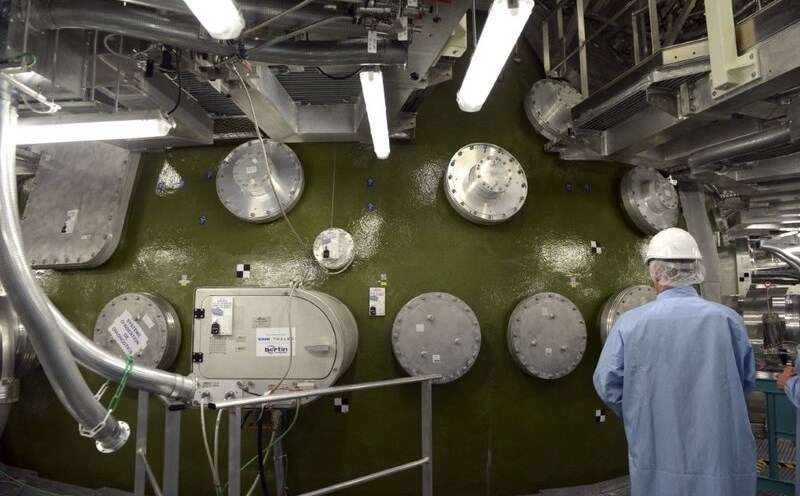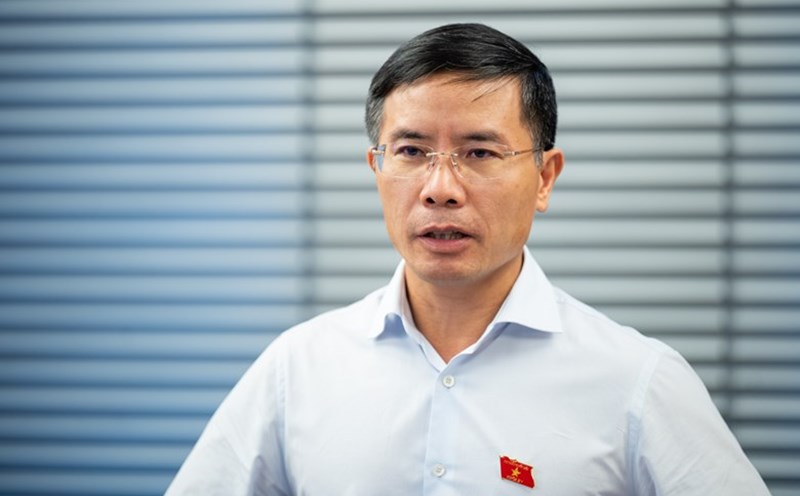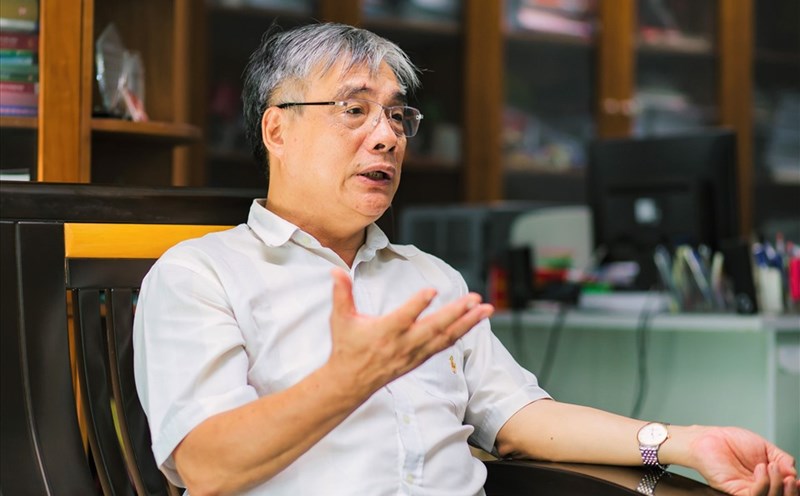In less than two years, France has changed its prime ministers five times, showing political instability in the country.
Mr. Macron hopes to end the above situation by nominating Mr. Lecornu as Prime Minister of France, but this expectation seems unlikely to come true for two reasons.
Firstly, according to the results of the public opinion poll in France released on September 10, up to 70% of respondents to the poll in France said that Mr. Lecornu did not meet their expectations and up to 77% did not agree with Mr. Macron's ruling policies. This means that the risk of increased insecurity and instability in France is currently very real.
Second, both the left and the far right, the druggists and the nationalists in the French National Assembly immediately declared that they did not support Mr. Lecornu and would propose a vote of no confidence in the new prime minister immediately after he introduced the new government. This means that the new pair of Macron/Lecornu now have to rely on the support of the French Socialist Party and will have to make many concessiones to this side.
The previous government existed thanks to the support of the right wing, the people and the nationalism, but then collapsed nearly a year later when this faction turned its back on it. Now, the new government with Prime Minister Lecornu depends on the Socialist Party, so it is likely that the same fate will be inevitable.
Therefore, Mr. Macron's nomination of Mr. Lecornu as prime minister shows that Mr. Macron does not want to dissolve the National Assembly to hold a new general election, and at the same time finds every way not to abandon the ruling policies he is pursuing, maintain a shortage of power and make compromises with the opposition depending on the specific incident so that the prime minister is not deposed. That is the trick of "there is one glue but another glue".










